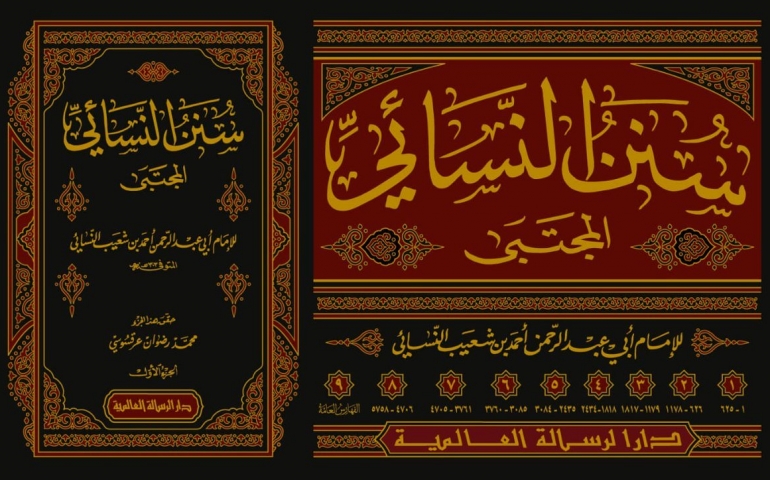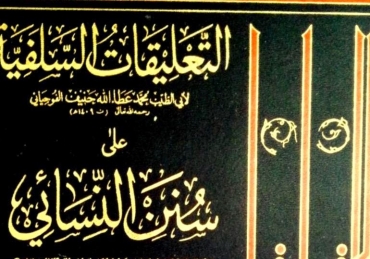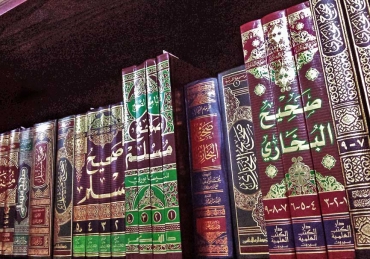Abū ʿAbd al-Raḥmān in the books of Imam Nasāʾī (d. 303/915)
Question
The sentence قال أبو عبد الرحمن appears frequently in the Sunan of Imam Nasāʾī. Does it refer to the author or does it sometimes refer to one of the narrators, for example, in ḥadīth number 51, the author of Dhakhīrat al-ʿUqbā suggests that both are possibilities. Please explain also why this sentence is used and what it is mostly used for by Imam Nasāʾī. Is there any standalone treatise on the matter written by any ḥadīth master like Ḥāfiẓ Ibn Ḥajar or Shaykh al-Islam Ibn Taymiyyah?
بسم الله الرحمن الرحیم
Answer
Abū ʿAbd al-Raḥmān is the Kunyah (teknonym) of Imam Nasāʾī (d. 303/915), similar to Abū ʿĪsā for Imam Tirmidhī (d. 279/892). It refers to Imam Nasāʾī in his works and is mainly used to highlight an ʿIllāh (non-apparent defect) or some error or some anomaly or some other aspect pertaining to the sanad (chain) or matan (wording) such as identifying a narrator in the chain, or the meaning of a word, or highlighting the most authentic chain of a particular narration, or whether a narrator is reliable or otherwise. It is also sometimes used to make a judgement on a particular narration and also to discuss jurisprudential issues. The books of Imam Nasāʾī are therefore filled with invaluable gems.
In relation to what you have referred to from Dhakhīrat al-ʿUqbā, you have misunderstood the text. The Abū ʿAbd al-Raḥmān refers to Imam Nasāʾī under both possibilities. The author is simply stating that either Imam Nasāʾī himself wrote قال أبو عبد الرحمن to describe himself, or one of his students, the narrator of the book wrote it to describe his teacher. The likelihood, as the author suggests, is that Imam Nasāʾī himself wrote it.
Finally, I am not aware of any specific standalone book on this matter. Imam Nasāʾī’s views are commonly quoted and discussed in books of commentaries, evidences, ʿilāl and rijāl.
قال النسائي (٥١): أخبرنا أحمد بن الصباح قال: حدثنا شعيب يعني ابن حرب قال: حدثنا أبان بن عبد الله البجلي قال: حدثنا إبراهيم بن جرير، عن أبيه قال: كنت مع النبي صلى الله عليه وسلم، فأتى الخلاء فقضى الحاجة، ثم قال: يا جرير هات طهورا، فأتيته بالماء فاستنجى بالماء – وقال: بيده – فدلك بها الأرض. قال أبو عبد الرحمن: هذا أشبه بالصواب من حديث شريك، انتهى. قال الإتيوبي في ذخيرة العقبى (١/٦٧٠): (قال أبو عبد الرحمن) النسائي الظاهر أنه من كلام المصنف، ويتحمل أن يكون من بعض الرواة عنه، انتهى۔
Allah knows best
Yusuf Shabbir
19 Dhū al-Qaʿdah 1444 / 8 June 2023
Approved by: Mufti Shabbir Ahmed and Mufti Muhammad Tahir






Sunan al-Nasai Hadith unrelated to chapter